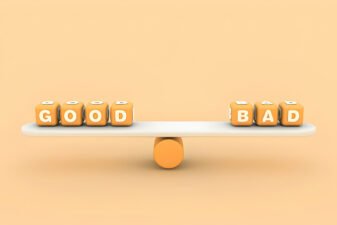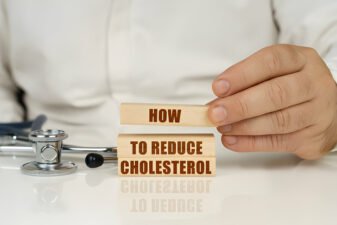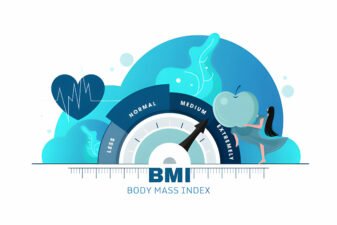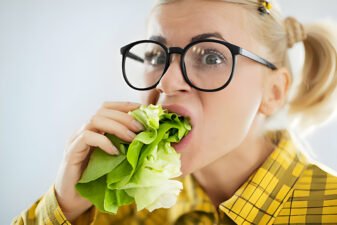Weight increase is common, almost universal, as we reach middle age. However, while it may be almost inevitable it is not healthy, especially if the fat we gain is stored around our stomach and abdomen.
See also: Body Fat/Adipose Tissue – Why We Gain Fat
We Need Fewer Calories As We Get Older
Calorie needs are highest during our mid-20s, then reduce at about 2-4 percent every 10 years. So if you need about 2500 calories a day at 20 years of age, then by 50 years of age you need only about 2200-2350 calories.
Less Muscle Tissue Means We Need Less Calories
The most common reason why we need to eat fewer calories as we get older, is because our muscle mass tends to decrease. Between the ages of 30 and 70 years, muscle tissue shrinks on average by about 30 per cent in most people. The reason for this is simple lack of exercise. The problem is, muscle requires more energy to sustain it, than fat, does. So the less muscle we have, the fewer calories we need, and any surplus energy we take in will be stored as fat. Hormonal changes (e.g. thryoid function, adrenal function) may also slow down our metabolic rate and cause a drop in calorie needs.
How Much Weight Do We Gain With Age?
The age-related reduction in muscle tissue leads to an average weight increase of about 5 pounds per decade (men) or 3.5 pounds per decade (women).
It’s Easy to Reduce Mid-Life Weight Gain
To minimize the risk of age related weight increase, all we need to do is eat about 50-100 fewer calories per day, per decade, or increase our calorie burning by about 50-100 calories a day per decade. An easy way to achieve this is to walking an extra mile a day (per decade).
For more, see Menopause and Weight Control in Menopause
A Healthy Weight Loss Program to Reduce Age-Related Weight Gain
If you suffer from perimenopausal or post-menopausal weight gain and want a healthy eating program, plus great exercise advice, plus the best weight loss support on the Internet, click these links:
| Do You Need Extra Help to Lose Weight? See Anne Collins “Guilt-Free” Weight Loss Program Read About Her AWESOME Personal Support Forum |
More Information About Weight Management










